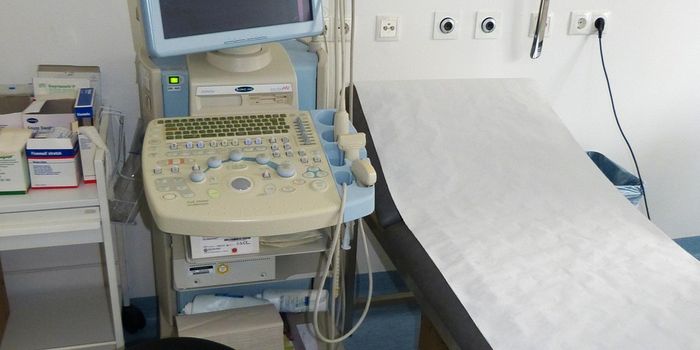Millions of people are experiencing lingering effects of COVID-19 that continue long after the initial infection has resolved. Chronic fatigue, breathlessness, depression, and ‘brain fog’ are said to be a result of scar tissue forming in the lungs after inflammation subsides. One study by Imperial College London researchers estimated that one in 20 adults reported long COVID symptoms that persisted for three months or more.
Women and smokers are said to be among those at higher risk of developing long COVID.
A newly-developed RNA spray shows potential in helping to shield against damage to the delicate lung structures, thereby preventing long COVID symptoms. The drug is currently being tested in a laboratory setting.
Intense, uncontrolled inflammation is one of the hallmarks of severe COVID infections that can head to fibrosis. Immune cells called macrophages are one of the main players in these pathological processes, leading researchers to put these cells in the crosshairs as a drug target.
In a series of experiments in mice, the research team found that their RNA drug dampened inflammation, improved lung function, and significantly reduced the risk of lung damage.
This is the first COVID therapy that targets macrophages specifically, a trait that the researchers believe could help COVID patients in the long term, even as new, possibly more aggressive variants arise in the future.
By delivering the therapy as a spray, the active ingredient could enter the lungs directly, rapidly reducing the activity of tissue resident macrophages.
A startup company Rnatics has been established to commercialize the long COVID therapy with the hopes of addressing the significant public health issue.
Clinical interventions to help manage the devastating effects of long COVID are desperately needed.
Speaking on the social, psychological, and medical ramifications of the condition, Martin McKee from the World Health Organization said: “Many are unable to return to work or have a social life. Many have described how it affects their mental health, especially as the course of the condition is often fluctuating; just as they feel they are getting better, the symptoms return.”









